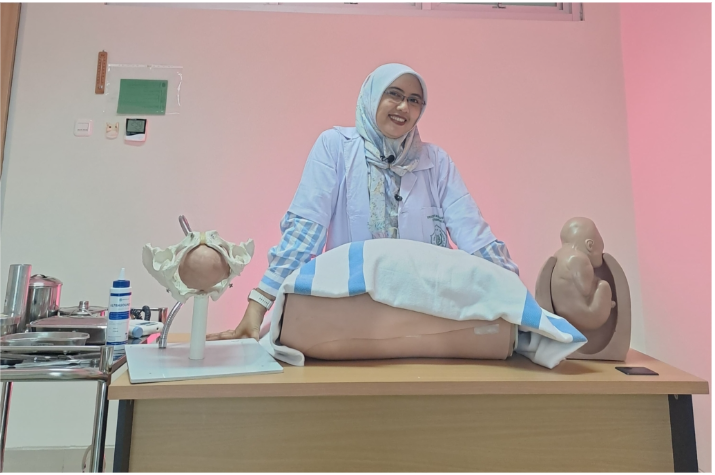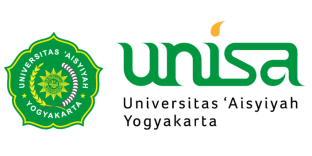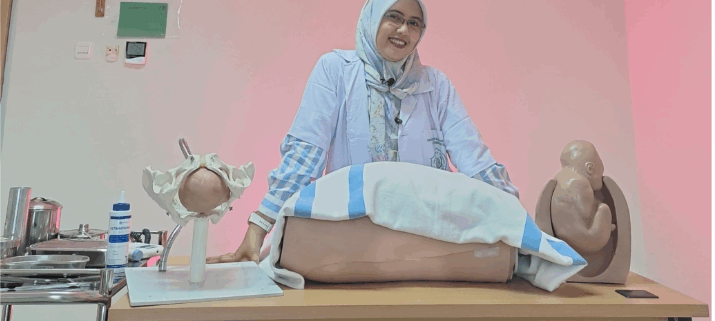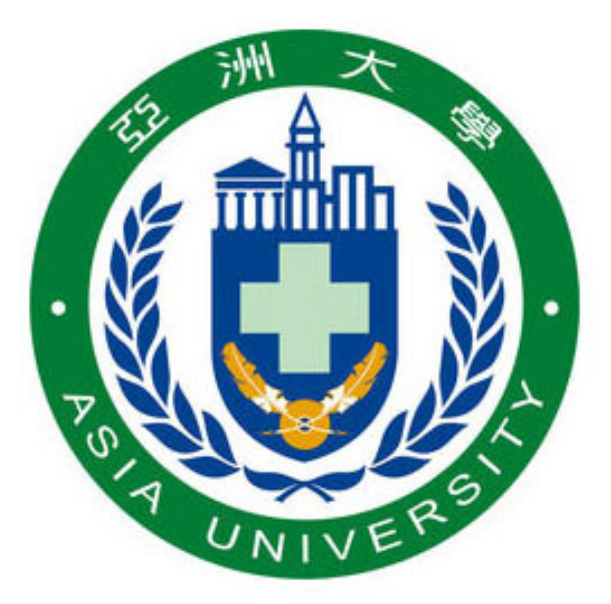Midwifery Lecturer at Unisa Yogyakarta Responds to Case of Toddler in Sukabumi
The case of a toddler dying from intestinal worms in Sukabumi, West Java, is ironic. Endang Koni Suryaningsih, a lecturer in the Midwifery Study Program at the Faculty of Health Sciences (FIKes) of Aisyiyah University (UNISA) Yogyakarta, believes that intestinal worms cannot be considered a minor illness and can be fatal.
“The death of an infant in Sukabumi due to intestinal worms is very concerning and serves as a warning to us all. Many people still consider intestinal worms to be a minor illness, when in fact if left untreated, it can cause serious complications such as severe anemia, malnutrition, and even growth and development disorders in children,” said Endang Koni on Thursday (8/21/2025).
Endang Koni explained that this condition can weaken a child’s immune system, making them vulnerable to other diseases, and in certain cases, can lead to death. From a public health perspective, this case highlights the need to intensify promotive and preventive efforts such as hygiene education, environmental sanitation, and regular deworming to prevent similar incidents from recurring.
Furthermore, Endang Koni said that worm infections can be fatal because worms in children’s intestines can continuously suck blood and nutrients. If there are many worms, children will experience severe anemia, protein deficiency, and chronic energy deficiency. This condition makes children’s bodies very weak and susceptible to infection, to the point that vital organs such as the heart cannot function optimally due to a lack of oxygen supply. It is at this stage that the risk of death can occur. “So, intestinal worms are not just a minor illness, but a serious threat to a child’s growth and development and even their life, especially if left untreated,” she said.
Children can be susceptible to intestinal worms if they often play barefoot, rarely wash their hands, have dirty nails, eat unhygienic food, and live in an environment with poor sanitation and clean water. A child’s nutrition also affects the risk and severity of worm infections. “Children with good nutrition are stronger against infection, while children with poor nutrition are more susceptible to illness, lose iron more quickly, and worm infections will cause much more severe symptoms,” said Endang Koni.
“Signs of worm infection that require immediate medical attention include if the child appears very pale, weak, short of breath, or vomits and passes worms in their stool. These conditions indicate a severe infection that can be life-threatening,” explained Endang Koni.
To prevent worm infections, children should be taught to wash their hands with soap, wear footwear, keep their nails clean, ensure that food and drinks are hygienic, and take deworming medication every 6 months. Deworming medication is also very important to break the cycle of infection and protect children from anemia and malnutrition. Ideally, it should be given regularly every 6 months, or twice a year as recommended by the Ministry of Health.
Equally important is the role of Posyandu. Posyandu can distribute deworming medication and monitor children’s growth and development, schools can instill clean living habits, while village cadres can educate families and maintain environmental sanitation. This collaboration is key to preventing worm infections.
“My message is: don’t underestimate worm infections. This disease can hinder children’s growth and development and even be fatal. Make clean living a habit and give deworming medication regularly to keep children healthy and protected,” said Endang Koni.















